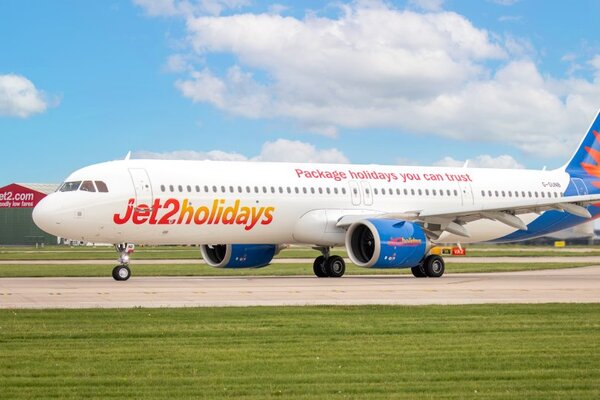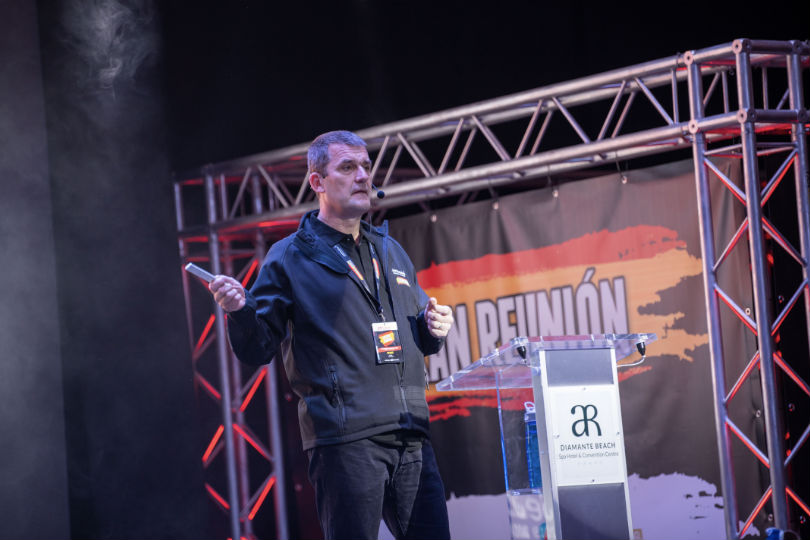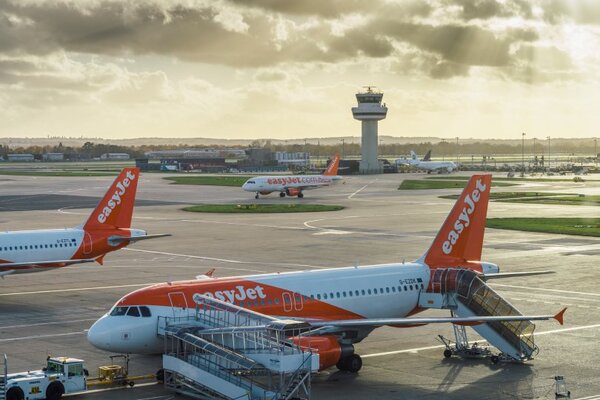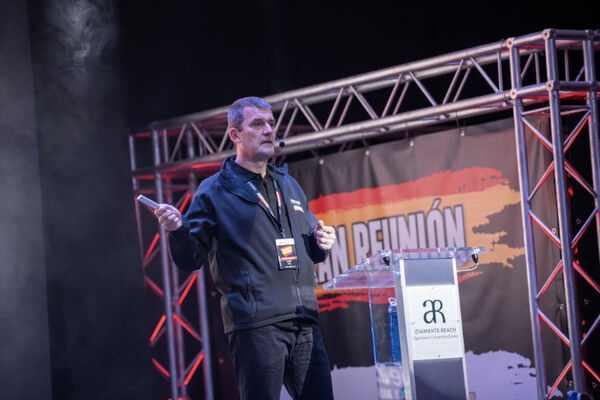Jet2 pledges to cut carbon emissions by 35% per passenger by 2035
Jet2.com and Jet2holidays has pledged to cut per passenger carbon emissions by more than a third by 2035 as part of its aim to achieve net zero by 2050.
The airline and operator has published a new sustainability strategy for the period to 2035, which it says is aligned to Science-Based Targets initiative (SBTi) guidance.
Its strategy includes introducing a minimum 15% sustainable aviation fuel (SAF) mix by 2035, continued fleet renewal and adoption of fuel-saving technologies.
Jet2 has 98 new Airbus neo family aircraft on firm order, and options on a further 48. It says these aircraft are 20% more fuel efficient that previous aircraft.
Jet2 will also bring all Scope 1 and Scope 2 emissions – those directly or indirectly resulting from its operations – in line with SBTi guidance by 2035 and seek validation of this this year, and has also pledged to disclose all Scope 3 (supply chain) emissions.
Other aims include electrifying its own ground services equipment, further reducing energy use at Jet2-owned buildings, exploring weight-saving initiatives, using real-time operational data and analysis to drive fuel savings, and extending its range of hotels meeting certain sustainability standards – a scheme certified by the Global Sustainable Tourism Council.
The key pillar of Jet2’s new strategy, though, is its pledge to reduce carbon emissions per revenue paying passenger kilometre (RPK) flown by 35% compared with 2019 – a reduction of 23.45 grams of CO2 per RPK from 67 grams in 2019 to 43.55 grams by 2035.
In addition, Jet2 has said its new strategy is based on existing technologies and tangible "pragmatic" actions that can be taken immediately, rather than hedging it on developments that may or may not come in future, albeit while pledging to understand and invest in emerging technologies "as appropriate". These include direct air carbon capture and bio energy carbon capture.
Jet2’s ambitions will also be supported by the UK’s airspace modernisation strategy and the EU’s single European sky initiative, a combination of which the airline and operator expects to deliver an 8% reduction in fuel burn across its network by 2035 through more direct flight routing.
However, Steve Heapy, chief executive of Jet2.com and Jet2holidays, stressed the wider success of the UK aviation sector’s progress to net zero was dependent on additional support from both the UK government and EU authorities to help the industry to decarbonise.
Jet2 has identified four areas where it believes this support is most needed:
- upscaling UK government investment in SAF and delivery of a revenue certainty mechanism before Westminster’s current 2026 target to help foster a UK SAF sector;
- using annual revenues from the UK’s Emissions Trading Scheme to incentivise decarbonisation and support development of new technologies, such as direct air carbon capture;
- working multilaterally with European governments to reform air traffic management; and
- supporting airport operators to accelerate infrastructure upgrades to support electrification of ground operations
’The time to act is now’
"Today, we are publishing an updated strategy which is bolder in ambition and outlines an emissions reduction pathway which will bring Jet2.com’s 2035 carbon intensity in line with the Science Based Targets initiative (SBTi) guidance," said Heapy.
"Critically, this emissions pathway is realistic and achievable because it is based on technologies and actions we know are available and can be taken currently, rather than what may or may not be available in the future. In addition, we will also be closely monitoring to see where we can invest in and embrace new technologies."
Heapy continued: "Our strategy clearly sets out our vision to accelerate our sustainability journey whilst supporting our colleagues and the communities where we operate. What is now required is more tangible government support, both here in the UK and in Europe, to help aviation decarbonise faster.
"The opportunity is right in front of us and the UK can become a global leader in SAF, carbon capture and decarbonisation technology with the right support from government, but the time to act has to be now.”
Sign up for weekday travel news and analysis straight to your inbox

James Chapple
Supplier Directory
Find contacts for 260+ travel suppliers. Type name, company or destination.















